Best Foods for Iron Deficiency: Boost Iron Levels Naturally
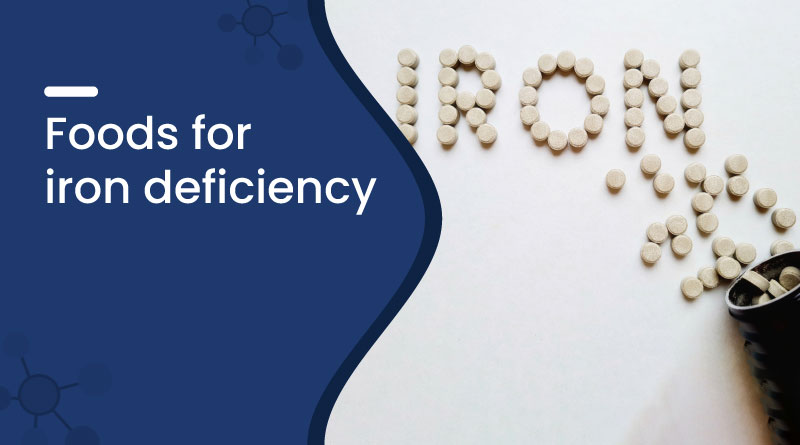

Iron is a vital mineral that helps produce hemoglobin, which carries oxygen in red blood cells throughout the body. The deficiency of iron can cause iron deficiency anemia, leading to fatigue, weakness, dizziness, light-colored skin, and poor focus.
The good news is that mild iron deficiency can often be improved with the right diet.
Why is Iron Essential for Your Body?
Iron plays a crucial role in maintaining healthy blood and energy levels. It supports:
- Oxygen Transport: Hemoglobin binds with oxygen and moves it through the blood to supply organs and tissues.
- Muscle Function: Iron is required for myoglobin, a protein that provides oxygen to muscles.
- Brain Development: Adequate iron is vital for cognitive function and concentration.
- Immune Health: It helps your body fight off infections by supporting a strong immune response.
Symptoms of Iron Deficiency
Iron deficiency can be hard to detect early and often becomes noticeable only when it gets more severe. If left untreated, it may lead to “iron deficiency anemia”, a condition where the blood lacks enough healthy red blood cells to carry adequate oxygen. Symptoms include:
- Unusual tiredness
- Pale or dull skin
- Frequent headaches or dizziness
- Cold hands and feet
- Shortness of breath
- Brittle nails
- An urge to eat non-food items like ice, clay, or dirt
Also read - Iron & Vitamin Supplements for Anemia
Types of Iron in Food
Iron is found in different forms in food. They are:
- Heme iron – Found in animal sources and easily absorbed by the body.
- Non-heme iron – Present in plant-based foods, but requires conversion before the body can absorb it. For the absorption of non-heme iron, vitamin C-rich foods like oranges, bell peppers, strawberries, or tomatoes should be taken.
Iron-Rich Foods to Battle Iron Deficiency
Including iron-rich foods in your daily diet is one of the most effective ways to prevent and manage iron deficiency. These foods help restore the iron levels in the body, support red blood cell production, and boost overall energy levels.
1. Animal-Based Sources (Heme Iron)
These are some of the richest and most bioavailable sources of iron.
- Red meat (lamb)
- Chicken and turkey
- Organ meats (like liver)
- Seafood such as clams, oysters, tuna, and sardines
- Egg yolks
2. Plant-Based Sources (Non-Heme Iron)
Perfect for vegetarians and vegans:
- Dark leafy greens: Spinach, kale, collard greens
- Legumes: Lentils, chickpeas, soybeans, black beans
- Tofu and tempeh
- Nuts and seeds: Pumpkin seeds, cashews, almonds, and sunflower seeds
- Whole grains: Quinoa, brown rice, oatmeal, fortified cereals
3. Iron-Fortified Foods
Some foods are specially enriched with iron to help meet daily needs:
- Fortified breakfast cereals
- Iron-fortified bread and pasta
- Plant-based milk alternatives (like soy milk)
Drinks That Can Help Improve Iron Absorption
While certain drinks, such as coffee or tea, can suppress iron absorption, others can actually enhance it. Some iron-friendly options are:
- Fresh orange or lemon juice – a great source of vitamin C that boosts iron absorption.
- Tomato juice
- Smoothies made with strawberries, mangoes, or kiwis
- Beetroot juice – naturally contains high levels of iron and folate
Iron Absorption Mistakes to Avoid
Paying attention to your daily habits can have a big impact.
- Skip tea and coffee with meals: They can interfere with your body's ability to absorb iron.
- Avoid combining calcium and iron-rich foods: Calcium can interfere with iron absorption when taken at the same time.
- Cook in cast-iron cookware – it can add small amounts of iron to your food.
- Stay hydrated – water helps with digestion and nutrient transportation.
Conclusion
Iron deficiency is one of the most common nutritional deficiencies in the world, but the right dietary choices can make a big difference. Incorporating a mix of heme and non-heme iron sources, along with foods that support iron absorption, can help restore energy, strengthen immunity, and improve overall health.
If you continue to feel symptoms of iron deficiency despite making these dietary changes, it’s advisable to consult a healthcare professional for proper evaluation and treatment.
Also Read - Iron Supplement In India For Men and Women
Frequently Asked Questions (FAQs)
Q. Can anemia be treated through dietary changes only?
A. Dietary changes may only prevent or treat mild anemia; critical cases may require supplements.
Q. How is Vitamin C related to iron deficiency?
A. Vitamin C plays a key role in helping the body absorb non-heme iron, found in plant-based foods like lentils, spinach, and whole grains.
Q. What are the best vegetarian sources of iron?
A. Legumes, dark leafy greens, tofu, and fortified cereals are some of the best vegetarian sources of iron.
Q. Do pregnant women need more iron?
A. Yes, pregnant women need more iron to support increased blood volume, the baby’s growth, and to prevent anemia.
Iron (100 mg) + Folic Acid (1.5 mg) + Vitamin B12 (0.0075 mg)
10 Tablets In 1 Strip
Iron (60 mg) + Folic Acid (1 mg) + Vitamin B12 (0.005 mg) + Lysine (70 mg)
200 ml. Syrup
Iron Carbonyl (100mg) + Folic Acid (1mg) + Vitamin B12 (5mcg) + Zinc (25mg)
15 Capsules in 1 strip
Adenosylcobalamin (100mcg) + Carbonyl Iron (100mg) + Folic Acid (1500mcg) + Zinc Sulfate (61.5mg)
10 Capsules in 1 strip
Ferrous Fumarate 250mg + Folic Acid 1.5mg + Zinc Sulphate Monohydrate 50mg Eq. to Elemental Zinc 18.2 mg. + Vitamin B12 10mcg
30 Capsules per jar
Recent Blogs
Disclaimer : Zeelab Pharmacy provides health information for knowledge only. Do not self-medicate. Always consult a qualified doctor before starting, stopping, or changing any medicine or treatment.

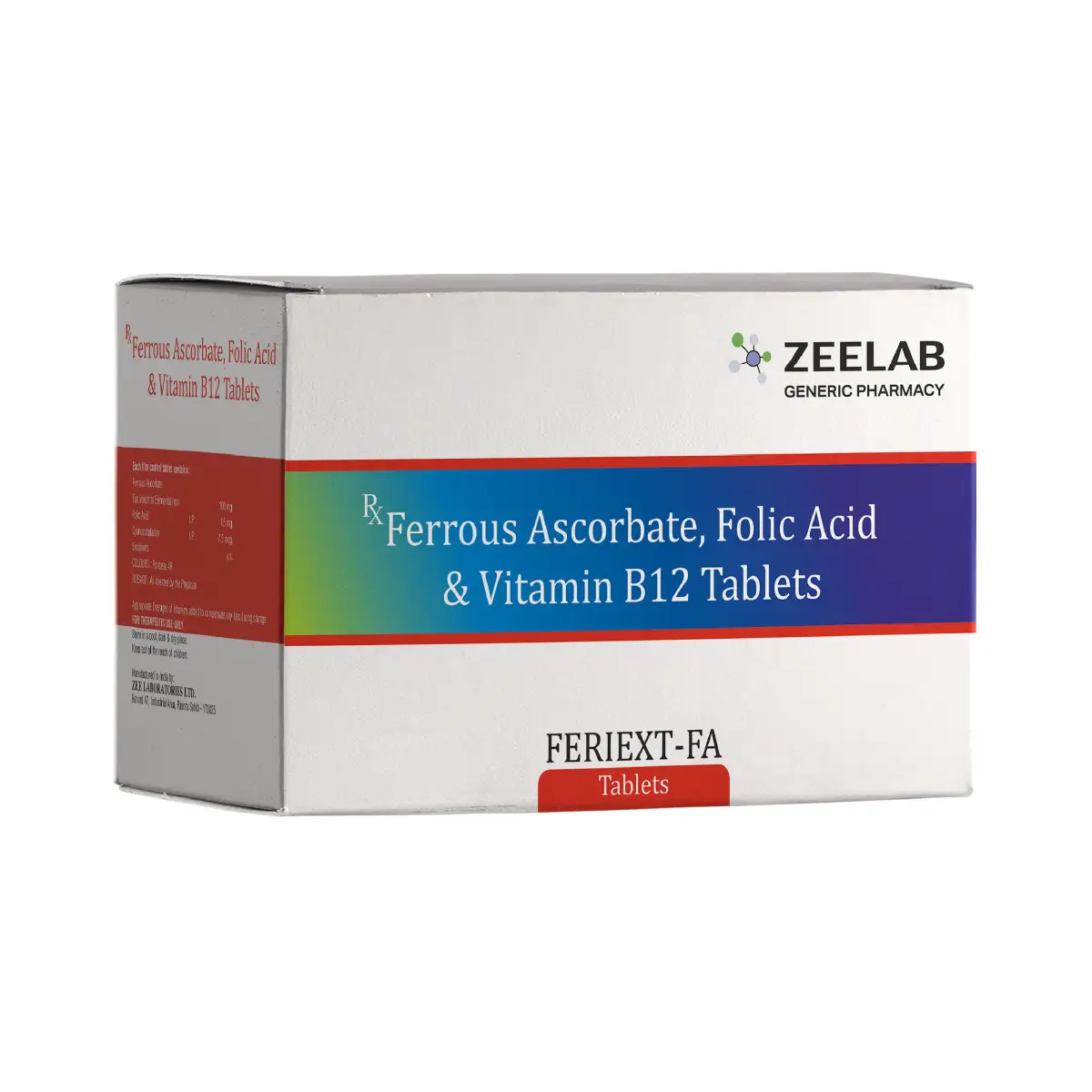
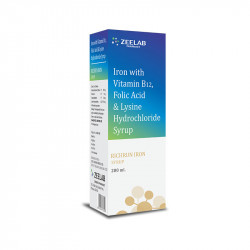
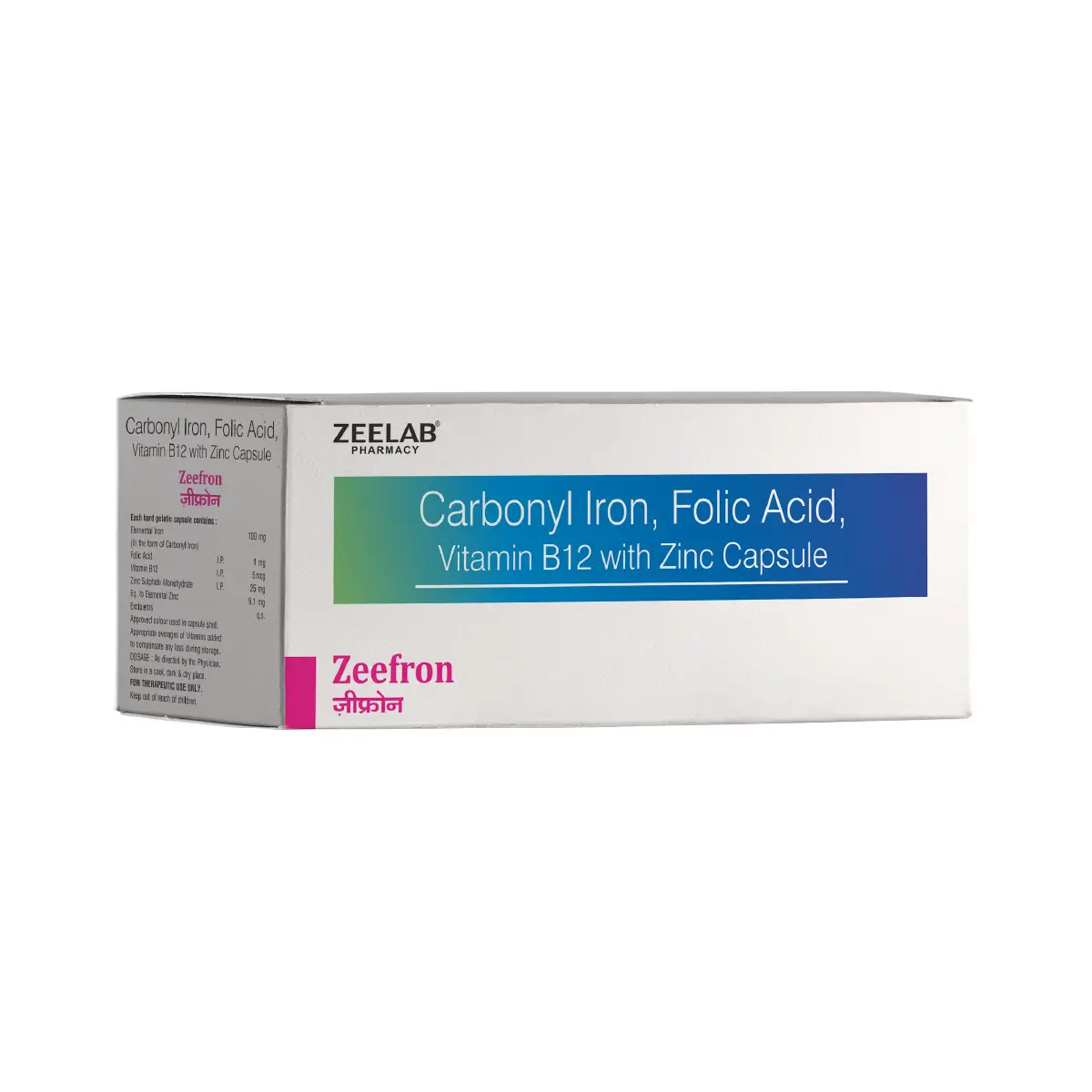
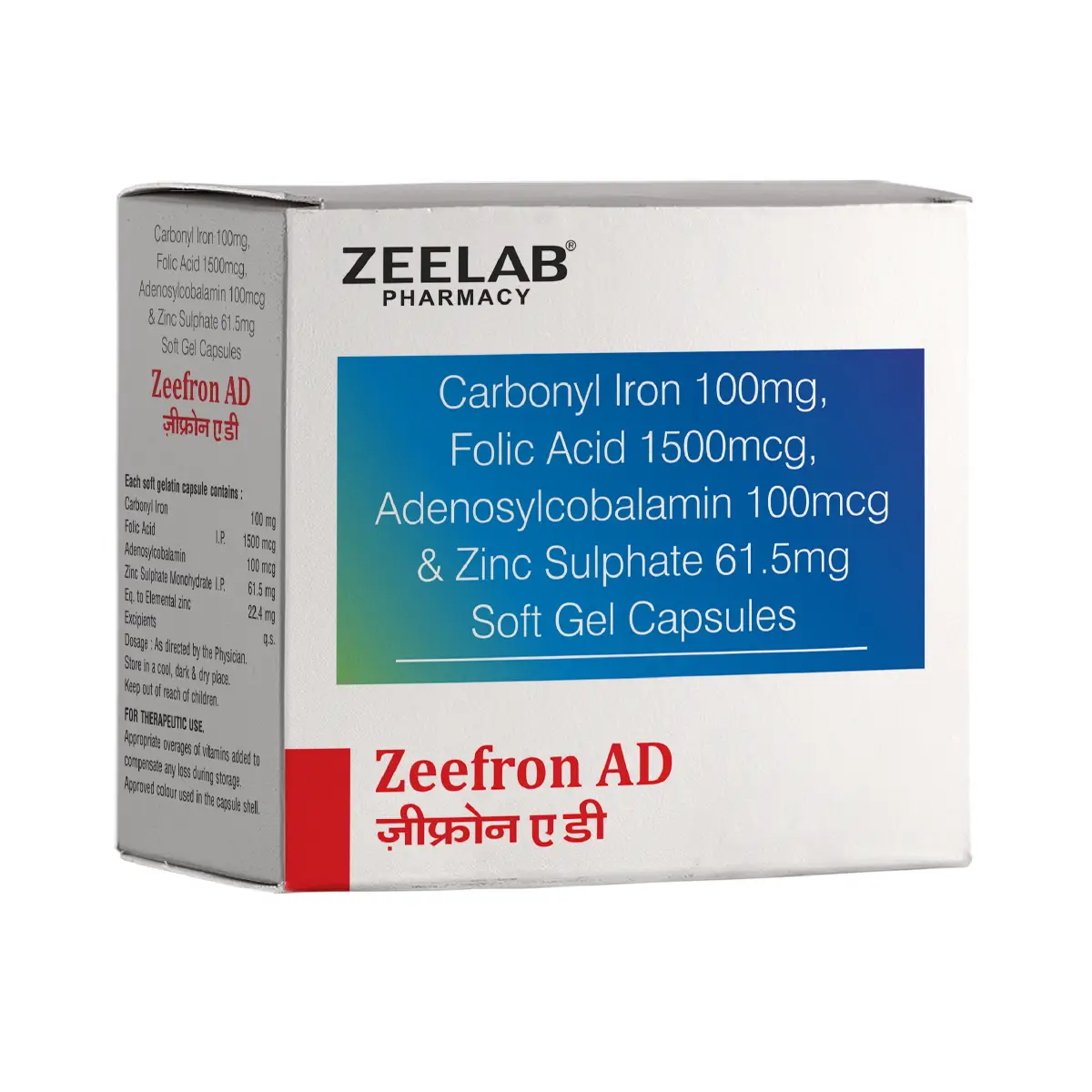
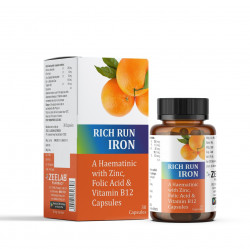





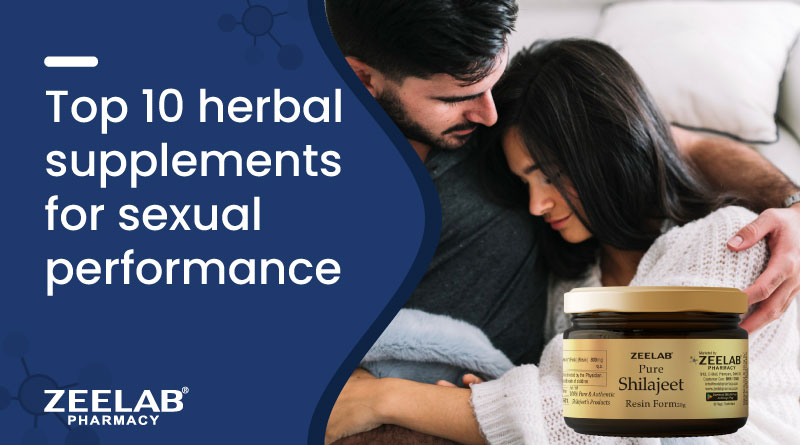









 Added!
Added!